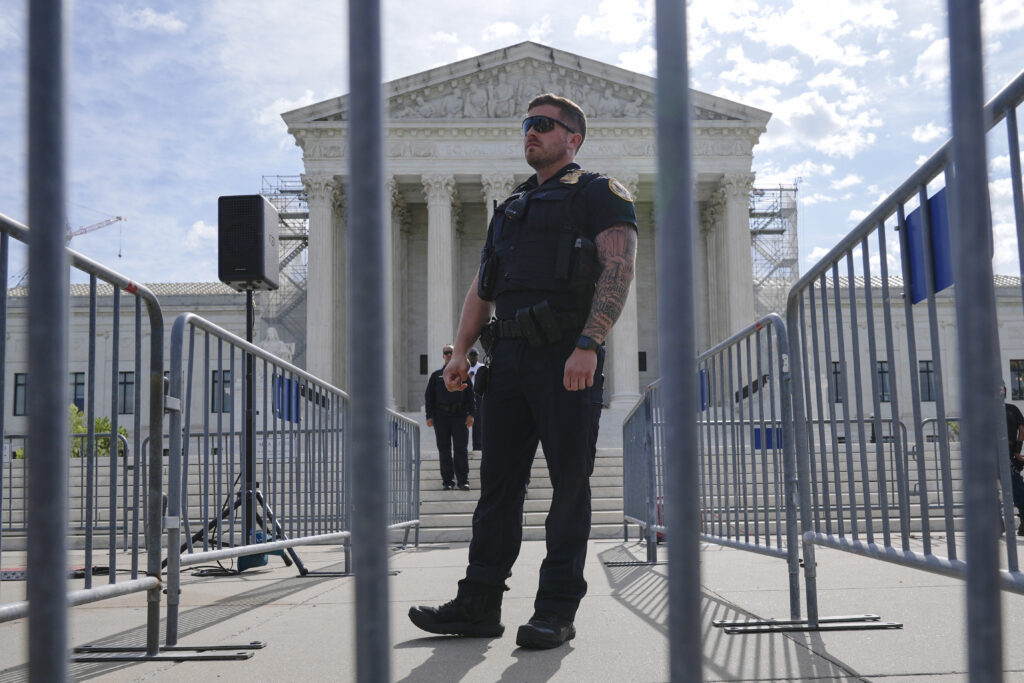
Republican- and Democratic-appointed members of the Supreme Court on Wednesday appeared sharply divided regarding whether Idaho’s near-total prohibition of abortions conflicts with federal emergency medicine statutes.
The oral arguments focused on whether Idaho’s near-total abortion ban, which only prohibits abortion in cases of rape, incest, or to prevent the death of the mother, is too narrow to cover emergency conditions in which a woman may not be in immediate danger of her life.
Arguing on behalf of the Department of Health and Human Services, Solicitor General Elizabeth Prelogar argued that the requirement that a woman be on the verge of death prior to receiving an emergency abortion violates the Emergency Medical Treatment and Active Labor Act, which requires hospitals to provide “necessary stabilizing treatment” in cases of emergencies.
The case came before the Supreme Court following Idaho’s appeal of an injunction placed on the state’s anti-abortion statute from the U.S. Court of Appeals for the 9th Circuit. When the Supreme Court agreed to hear Idaho’s case in January, it overrode the lower body’s injunction, allowing the state’s abortion ban to take effect until a final decision is made in June.











